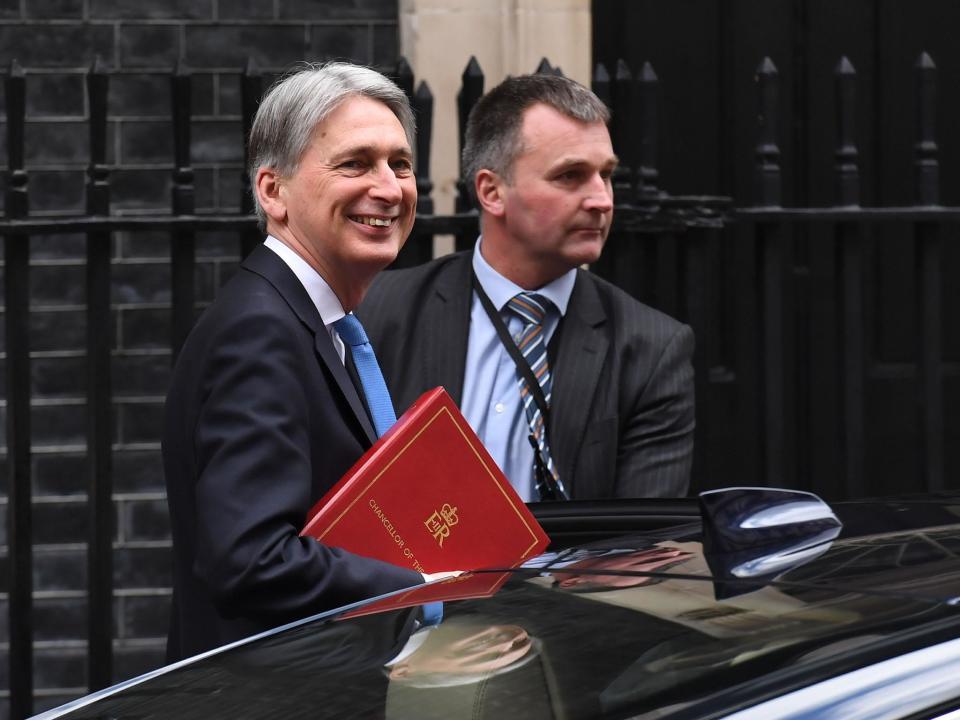Chancellor’s sunny optimism misplaced - credit insurance stats show Britain’s businesses braced for Brexit snowstorm

“The British economy has reached a turning point,” declared Chancellor Philip Hammond, delivering his Spring Statement.
Has it? Should we prepare for a glorious leap into the land of milk and honey after 11 straight months of falling real wages and an economic performance when compared to our OECD rivals that even makes even the England rugby team’s dismal Six Nations run look respectable?
Or was the Chancellor joining his crazy colleagues in Brexit la la land.
The latest figures from the Association of British Insurers do rather suggest that he was dancing around in his office singing tra la la when he got back from the dispatch box while his despairing civil servants looked on. What on earth are we expected to do with these people?
What the numbers show is that pay outs by trade credit insurers reached an eight year high of £225m in 2017, up 7 per cent on 2016.
For those wondering what trade credit insurance is, it covers the risk to businesses of not getting paid for the goods and services they provide by the businesses they supply to.
A high level of pay outs indicates that lots of firms are struggling to pay their bills and that trading conditions are tough.
There are an awful lot of businesses who would dearly love to see that turning point arriving. But without the benefit of the Chancellor’s rose tinted spectacles they’re having trouble seeing it.
To give some context to the numbers, they equate to pay outs of £4.3m every week.
Big bankruptcies obviously generate headlines. Monarch Airlines and supplier Palmer & Harvey dented the 2017 figures. This year’s will include Carillon, Toys ‘R’ Us, and electronics retailer Maplin. And we’re not yet three months in.
Beneath them a host of smaller insolvencies are generating fresh claims.
Businesses in the real world outside Westminster are taking out this sort of policy in record numbers. Who’d blame them.
The Chancellor can sing sweet nothings and dance around his office as much as he likes. They have to protect themselves from the ideologically driven policies his Brexit party is enacting.
I don’t often find myself on the same side as the ABI. But troubled times make for strange bedfellows, and the ABI’s data suggests that there is a lot more trouble looming.
“Drop the dogma: It would defy common sense not to have a Brexit deal on financial services,” the ABI’s director general Huw Evans said recently.
Quite. And it’s not just financial services.
Unfortunately, dogma still rules in Government circles as regards Brexit.
The only businesses leaders that ministers listen to are the proprietors of right wing newspapers that have turned themselves into Brexit Pravdas.
So while Mr Evans’ members will continue to do brisk business in this sort of policy, they’ll likely have to brace themselves for some more big payouts.

 Yahoo Finance
Yahoo Finance 